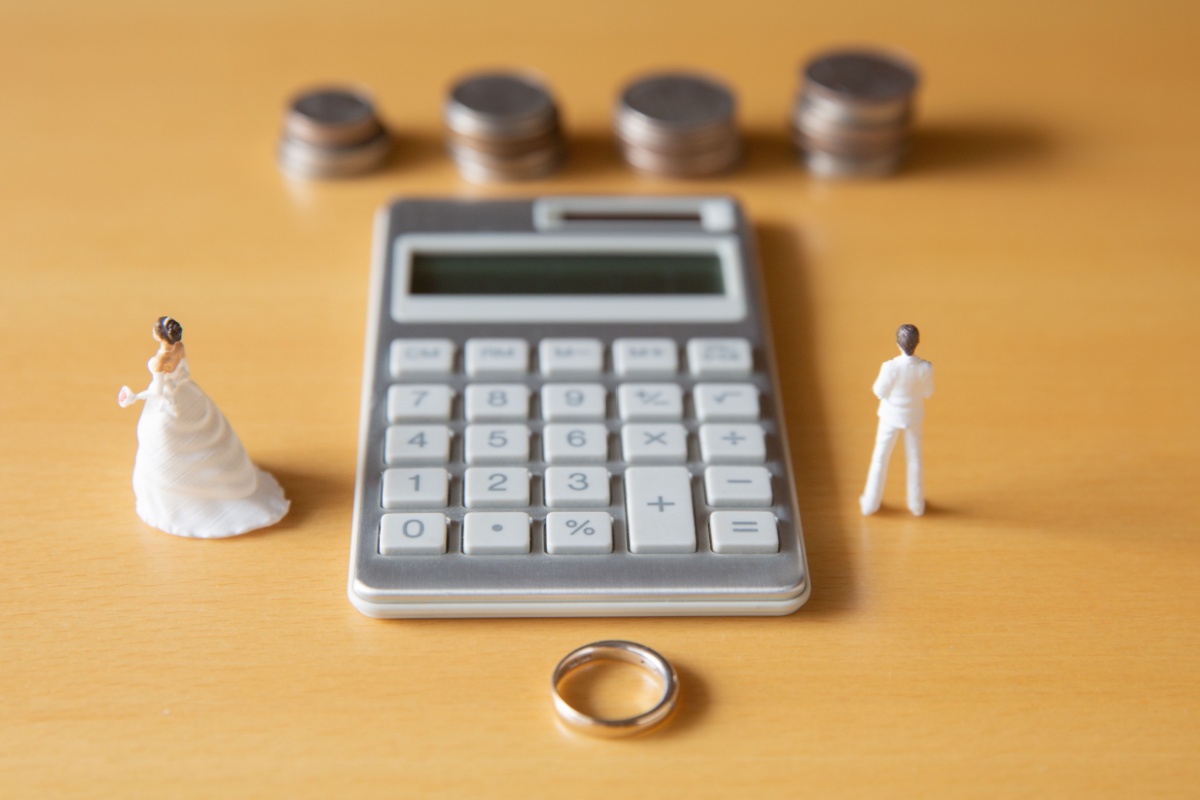What everyone wishes they knew about money and finance before getting divorced.
Divorce is never easy. It’s an emotional rollercoaster that disrupts lives in many ways, including financially. As someone who has spent years educating people about money, I’ve seen firsthand the financial impact of divorce, and the lessons people often wish they’d known before taking that step.
Let’s explore some of the key financial aspects you should consider before signing those papers.
1. Understand Your Financial Position Completely
One of the most common regrets people have post-divorce is not fully understanding their financial situation. Before you even consider separating, take the time to get a complete picture of your assets, liabilities, income, and expenses. This means knowing what you and your partner own together and separately, including any property, savings, investments, and debts.
Make sure you have access to all financial documents and consider seeking advice from a financial adviser or accountant to help you get a clearer view of your financial standing.
2. Consider the Long-Term Impact on Your Finances
Many people wish they had thought more about the long-term financial implications of their divorce. This includes understanding how the division of assets will affect their financial future. For example, the family home might seem like the most important asset to hold onto, but maintaining it could be financially draining in the long run.
Consider the costs of upkeep, mortgage repayments, and the potential benefits of selling the home and downsizing instead. Also, think about your retirement savings—superannuation is often overlooked in divorce settlements but can have a significant impact on your future financial security.
3. Plan for a Change in Income and Lifestyle
Divorce often means going from a dual-income household to a single income, which can significantly affect your lifestyle. Many regret not preparing for this financial adjustment earlier. It’s important to create a new budget that reflects your changed circumstances and ensures you can maintain a reasonable standard of living.
This might involve reassessing your spending habits, cutting down on non-essential expenses, and even finding ways to increase your income, whether through upskilling, seeking higher-paying employment, or starting a side business.
4. Know the Hidden Costs
The costs of divorce extend beyond legal fees. There are many hidden costs that people often overlook, such as moving expenses, setting up a new household, and the potential need for therapy for yourself or your children.
Additionally, there may be tax implications related to the division of assets or the sale of the family home. Being aware of these hidden costs can help you better prepare financially for life after divorce.
5. Protect Your Credit Score
Another thing people often wish they knew before getting divorced is how it could affect their credit score. Divorce doesn’t directly impact your credit score, but the financial behaviours of you or your ex-spouse can. For instance, if your name is still on a joint account or mortgage and payments are missed, it can negatively affect your credit score.
Make sure to separate your finances as much as possible and close or refinance joint accounts to protect your credit.
6. Seek Professional Advice Early
Finally, one of the most important steps you can take is to seek professional financial advice early on. A financial adviser can help you understand your current financial position, plan for your future, and navigate the complex financial landscape of divorce.
Don’t wait until it’s too late; proactive planning can make a significant difference in your financial wellbeing post-divorce.
As the cost-of-living crisis continues to strain many Australians, learn these 5 Essential Tips to Help Australians Manage their Personal Finances.



